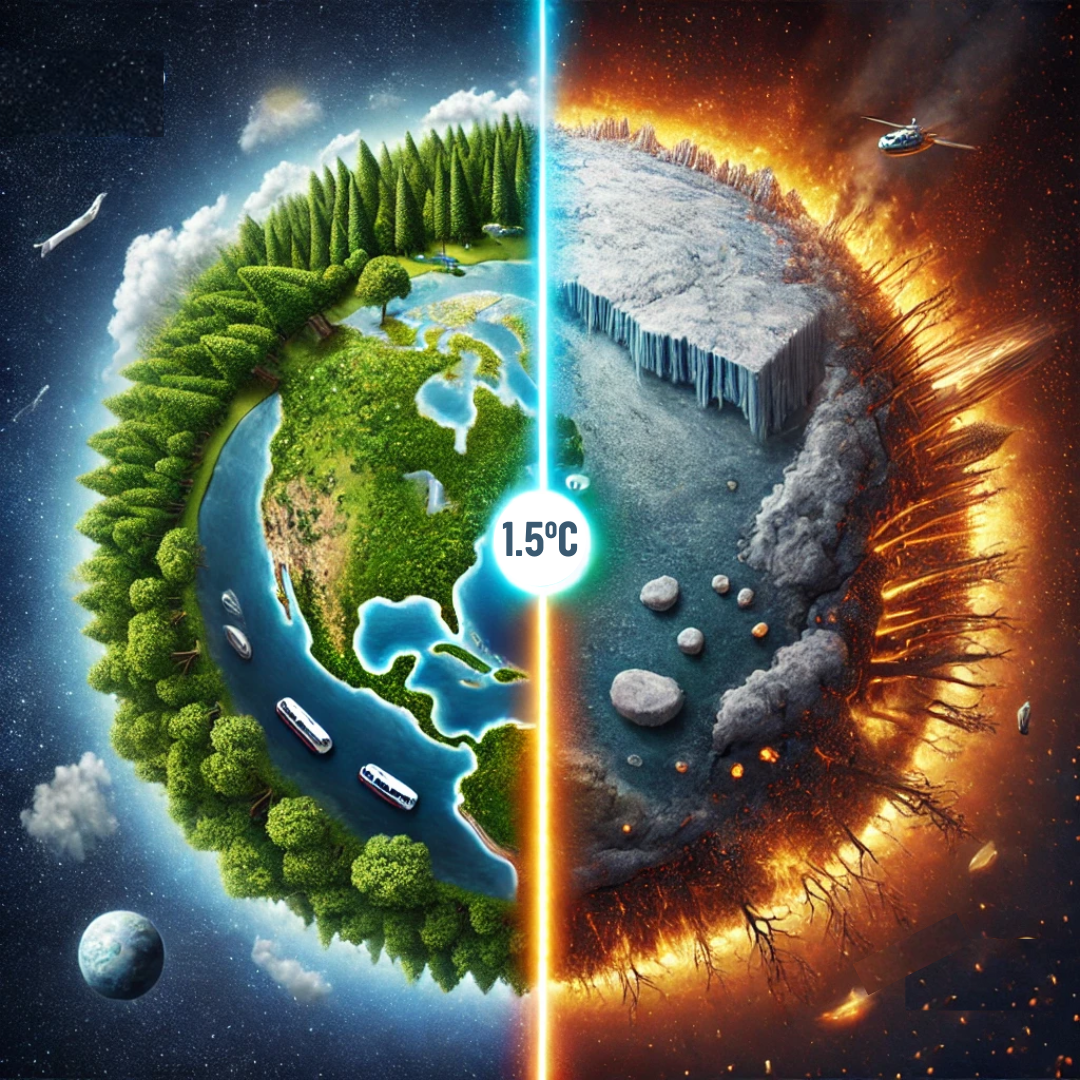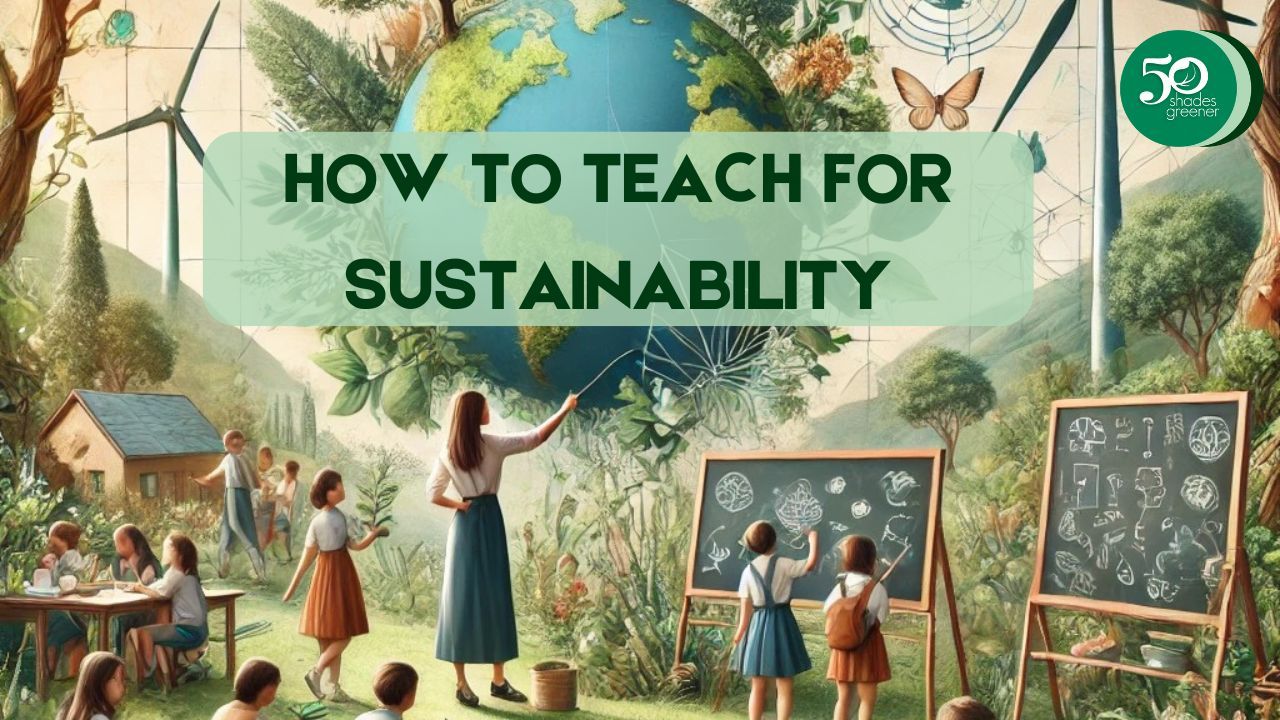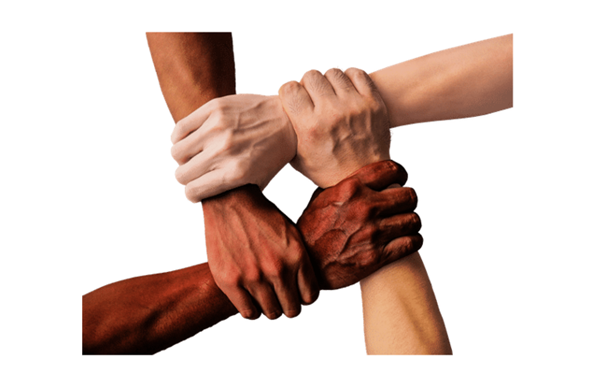What the 2024 Climate Record Means for the Future—and How Education Can Help

Introduction: A Milestone We Didn’t Particularly Want to Hit
Congratulations, Earth, you’ve done it again. Another record-breaking year! 2024 has claimed the title of the hottest year on record, tipping over the critical 1.5°C global temperature threshold. While this may sound like the Earth’s equivalent of a fever we just can’t shake, let’s not just dwell on the problem; let’s talk solutions—specifically, education’s role in turning this crisis into an opportunity for action.
Education, particularly Education for Sustainable Development (ESD), has never been more important. It’s not just about understanding the problem but equipping individuals and communities with the tools to create meaningful solutions. Let’s dive into the science, what’s at stake, and how education is our way forward.

The 1.5°C Threshold: Keep Your Cool
You’ve probably heard “1.5°C” tossed around in climate conversations more times than you’ve heard the phrase “net zero.” But what does it really mean? Think ...
How to Teach for Sustainability

Sustainable development is key to the continued survival of humans and the planet as we know it. Without sustainability, there will be no future generations to meet nor teach.
Educators all over the world hold the enormous responsibility to educate our future world leaders, business owners and civil society.
If all educators begin to transfer sustainability awareness and teach green skills, we can inspire collective action on a much larger scale, forming tomorrow’s leaders to ensure we can achieve sustainable development

What are Sustainable Teaching Practices?
In today’s world, we are constantly bombarded with huge amounts of information at a pace never seen before. This requires constant development, adaptation, and analysis of the world around us and our place within it.
Sustainable practices enhance the quality of life for all, addressing issues like health, education, and equal opportunity. Pollution and poor water &air quality are all threats to human health.
“Global citize...
What is the Role of Education in the Sustainable Development Agenda?


Who wouldn't want to live in a world where poverty has been eradicated, the planet and all its species are protected and there is peace and prosperity for ALL citizens? That is exactly what the sustainable development goals framework aims to achieve.
The Sustainable Development Goals (SDGs) were adopted by all United Nations member states in a historic summit in September 2015. While the SDGs are not legally binding, governments are expected to take ownership and establish national frameworks for the achievement of the 17 Goals.
Global issues – such as climate change – urgently require a shift in our lifestyles and a transformation of the way we think and act. To achieve this change, we need new skills, values and attitudes that lead to more sustainable societies. Education systems must respond to this pressing need by defining relevant learning objectives and learning contents, introducing pedagogies that empower learners, and urging their institutions to include sustainability pr...
Green Minds Make for Bright Futures: From Classrooms to Boardrooms

Nobody knows the struggling state of the natural world better than today’s younger generations. Since the industrial revolution, the scale and intensity of human impact on the global climate has been increasing exponentially. But I am not here to go on and on about how we (and I mean a collective, species-level ‘we’) have messed up. No, in fact I am here to shed some light on how we can prepare the next generation of environmentalists to undo the deeds of our fossil-fuel loving predecessors.
What is Education for Sustainable Development?
Remember when the biggest lesson you learned in school was how to dodge a dodgeball? Well, times have changed. Today, schools are where the green magic begins. Teaching kids about sustainability isn’t just about recycling paper or turning off the lights (seriously though, turn off the lights!). It’s about creating little green-leaders who grow up to be, well… big green-leaders. This is where Education for Sustainable Development (ESD) comes in.
In s...


